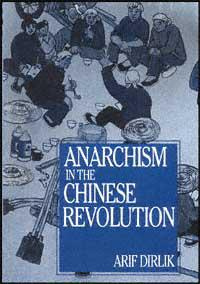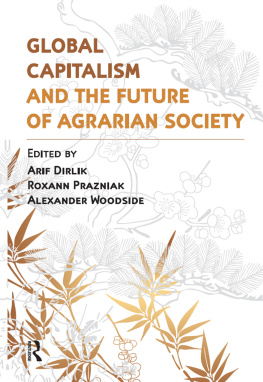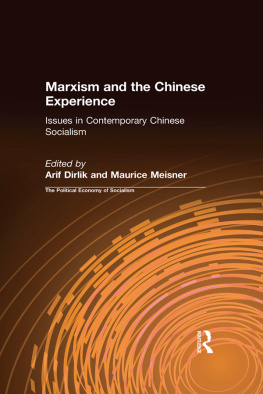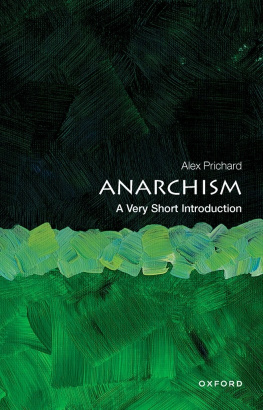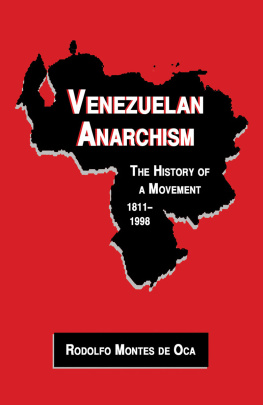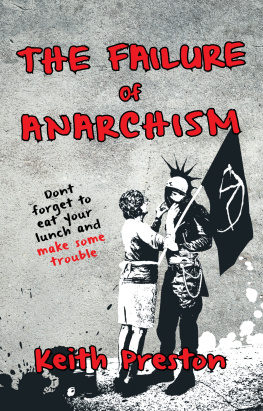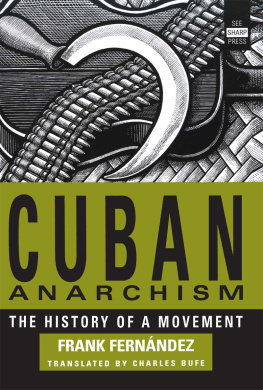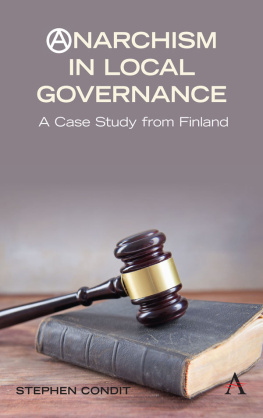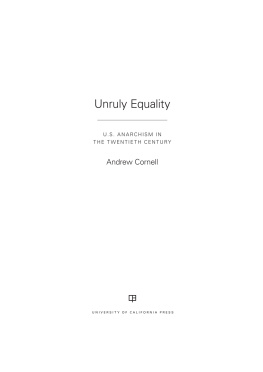Arif Dirlik - Anarchism in the Chinese Revolution
Here you can read online Arif Dirlik - Anarchism in the Chinese Revolution full text of the book (entire story) in english for free. Download pdf and epub, get meaning, cover and reviews about this ebook. City: Berkeley, China, China, year: 1993, publisher: University of California Press, genre: Politics. Description of the work, (preface) as well as reviews are available. Best literature library LitArk.com created for fans of good reading and offers a wide selection of genres:
Romance novel
Science fiction
Adventure
Detective
Science
History
Home and family
Prose
Art
Politics
Computer
Non-fiction
Religion
Business
Children
Humor
Choose a favorite category and find really read worthwhile books. Enjoy immersion in the world of imagination, feel the emotions of the characters or learn something new for yourself, make an fascinating discovery.
- Book:Anarchism in the Chinese Revolution
- Author:
- Publisher:University of California Press
- Genre:
- Year:1993
- City:Berkeley, China, China
- Rating:4 / 5
- Favourites:Add to favourites
- Your mark:
Anarchism in the Chinese Revolution: summary, description and annotation
We offer to read an annotation, description, summary or preface (depends on what the author of the book "Anarchism in the Chinese Revolution" wrote himself). If you haven't found the necessary information about the book — write in the comments, we will try to find it.
Arif Dirliks latest offering is a revisionist perspective on Chinese radicalism in the twentieth century. He argues that the history of anarchism is indispensable to understanding crucial themes in Chinese radicalism. And anarchism is particularly significant now as a source of democratic ideals within the history of the socialist movement in China.
Dirlik draws on the most recent scholarship and on materials available only in the last decade to compile the first comprehensive history of his subject available in a Western language. He emphasizes the anarchist contribution to revolutionary discourse and elucidates this theme through detailed analysis of both anarchist polemics and social practice. The changing circumstances of the Chinese revolution provide the immediate context, but throughout his writing the author views Chinese anarchism in relation to anarchism worldwide.
A first rate piece of scholarship, accessible to both general readers and China specialists. . . . This book should stand for some time as the definitive study of the Chinese anarchist movement of the early twentieth century.--John A. Rapp, Journal of Interdisciplinary History
About the AuthorArif Dirlik is Professor of History at Duke University. He is the author of Revolution and History: Origins of Marxist Historiography in China, 1919-1937 (California, 1978) and The Origins of Chinese Communism (1989).
Arif Dirlik: author's other books
Who wrote Anarchism in the Chinese Revolution? Find out the surname, the name of the author of the book and a list of all author's works by series.

